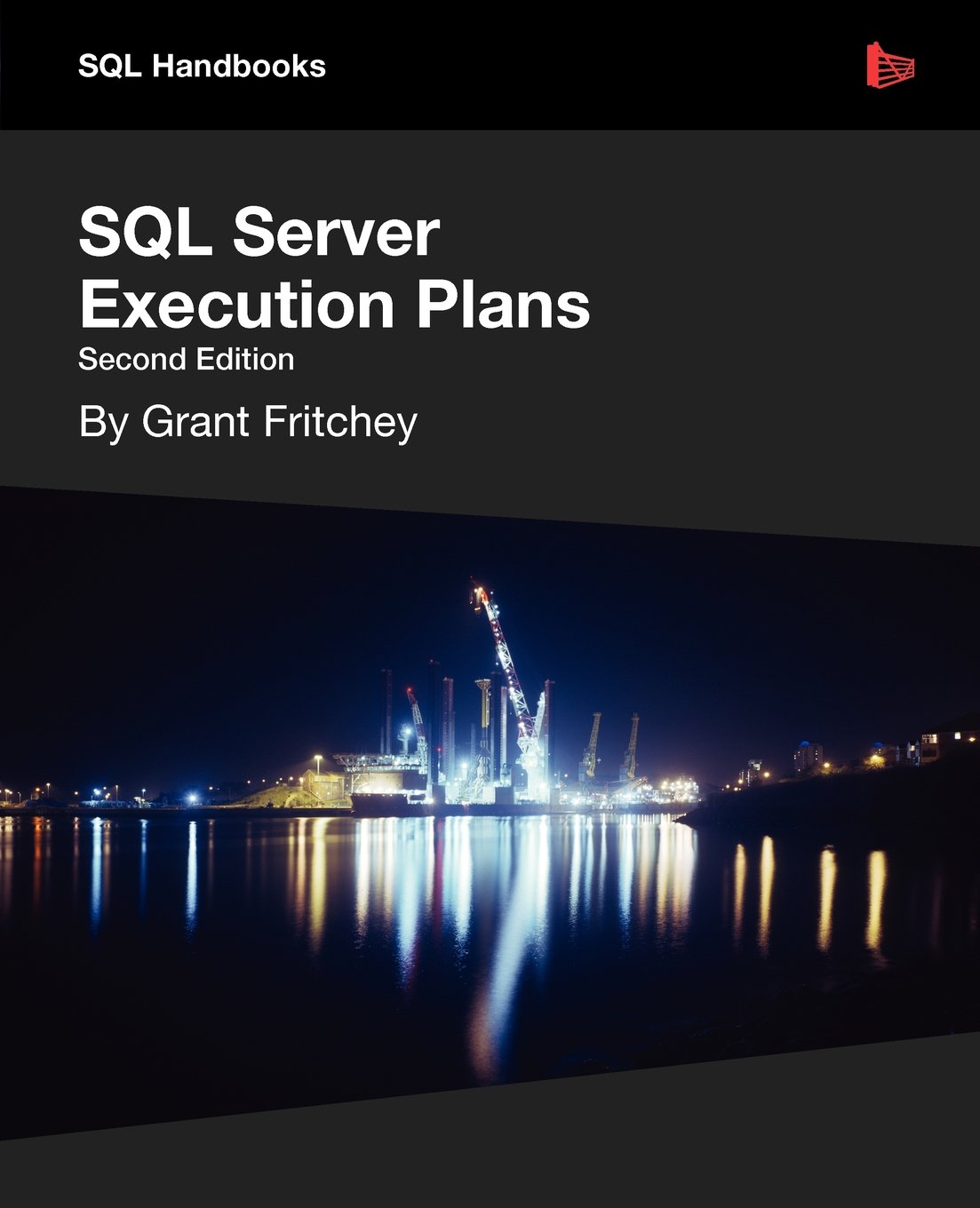 SQL Server Execution Plans by Grant Fritchey SQL Server Execution Plans by Grant Fritchey(1st Edition, June 2008) Download eBook (PDF): Free " Every day, out in the various SQL Server forums, the same types of questions come up again and again: why is this query running slow? Why isn't my index getting used? And on and on. In order to arrive at the answer you have to ask the same return question in each case: have you looked at the execution plan? " – Grant Fritchey | |
| View Related Books: | |
| Editorial Review Execution plans show you what's going on behind the scenes in SQL Server. They can provide you with a wealth of information on how your queries are being executed by SQL Server, including:
All this information makes the execution plan a fairly important tool in the tool belt of database administrator, database developers, report writers, developers, and pretty much anyone who writes TSQL to access data in a SQL Server database. Given the utility and importance of the tool, you'd think there'd be huge swathes of information devoted to this subject. To be sure, fantastic information is available from various sources, but there really isn't any one place you can go to for focused, practical information on how to use and interpret execution plans. This is where my book comes in. My goal was to gather as much useful information on execution plans as possible into a single location, and to organize it in such as way that it provided a clear route through the subject, right from the basics of capturing plans, through their interpretation, and then on to how to use them to understand how you might optimize your SQL queries, improve your indexing strategy, and so on. Specifically, I cover:
Along the way, I tackle such topics as SQL Server internals, performance tuning, index optimization and so on. However, my focus is always on the details of the execution plan, and how these issues are manifest in these plans. If you are specifically looking for information on how to optimize SQL, or build efficient indexes, then you need a book dedicated to these topics. However, if you want to understand how these issues are interpreted within an execution plan, then this is the place for you. About the Author Grant is currently working as a development DBA for FM Global, an industry-leading engineering and insurance company. In his time as a DBA, he has worked at three failed dotcoms, a major consulting company and a global bank. He has developed large scale applications in languages such as VB, C# and Java and has lived with SQL Server from the hoary days of 6.0, right through to 2008. His nickname at work is "The Scary DBA". He even has an official name plate, and he displays it proudly. Grant volunteers for the Professional Association of SQL Server Users (PASS) and has written and published articles on various topics relating to SQL Server at Simple-Talk, SQL Server Central, the PASS web site, SQL Standard and the SQL Server Worldwide Users Group. He is one of the founding officers of the Southern New England SQL Server Users Group (SNESSUG). Outside work, Grant kayaks, learns and teaches self-defense, brews his own beer, chops wood to heat his house, raises his kids and helps lead a pack of Cub Scouts. | |
Book Details Paperback: 250 pages |
SQL Server Execution Plans
Every day, out in the SQL Server forums, the same questions come up again and again: why is this query running slow? Why isn't my index getting used? In order to arrive at the answer you have to ask the same return question in each case: have you looked at the execution plan? Grant Fritchey provides the only dedicated and detailed book on this essential topic.
2013-03-15
50,927 reads






